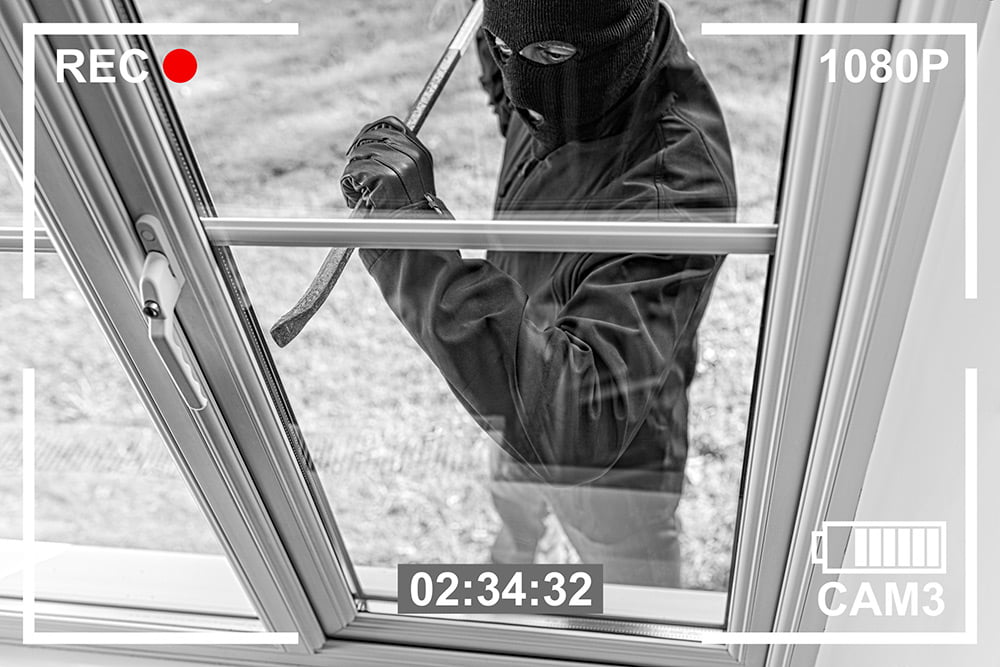Break and Enter: Navigating the legal landscape
Navigating the legal landscape can be daunting, especially when facing criminal charges. In New South Wales the results can have far-reaching consequences, impacting your freedom, livelihood, and reputation. One such charge is break and enter; a crime outlined in section 112(1) of the Crimes Act 1900 (NSW). Understanding the nuances of this offence and your rights is crucial. In this blog, we delve into the intricacies of break and enter charges, potential defences, penalties, and why seeking expert legal counsel from Repute Law is paramount for safeguarding your future.
Break and Enter Offence under s112 (1) of the Crimes Act 1900 (NSW)
Break and enter, as defined by Section 112(1) of the Crimes Act 1900 (NSW), involves unlawfully entering or remaining within a building or structure with the intent to commit a serious indictable offence therein. This offence encompasses various scenarios, including forcibly breaking into a dwelling, business premises, or other structures.
What do the police have to prove?
To secure a conviction for break and enter, the prosecution must prove several key elements beyond a reasonable doubt:
- Unlawful Entry: The accused must have entered the premises without lawful authority or permission.
- Intent: There must be evidence establishing the accused’s intent to commit a serious indictable offence while inside the premises.
- Breaking: This element typically involves using force to gain entry, such as by breaking a window or forcing open a door.
What is Aggravated Break and Enter Offences?
In certain circumstances, break and enter offences may be aggravated, leading to more severe penalties. For an aggravated charge, the prosecution must prove additional elements, such as:
Presence of Weapon: If the accused was armed with a weapon during the commission of the offence.
Infliction of Actual Bodily Harm: If the accused caused actual bodily harm to a person present in the premises during the commission of the offence.
What penalties might I have?
The penalties for a charge of break and enter under section 112(1) of the Crimes Act 1990 (NSW) can have serious implications. If convicted, an individual may face a maximum penalty of 14 years of imprisonment. However, in cases of aggravation or special aggravation, the consequences escalate, with maximum penalties extending to 20 to 25 years of imprisonment, respectively.
Possible Defences
Facing break and enter charges can be distressing, but there are potential defences that skilled legal counsel from Repute Law can explore on your behalf. These may include:
- Lack of Intent: If the prosecution fails to prove beyond a reasonable doubt that you intended to commit a serious indictable offence upon entry, this defence strategy may be viable.
- Lawful Authority: If you had a lawful reason to be on the premises, such as permission from the owner or occupier, this could serve as a defence against the charge.
- Duress or Necessity: In certain circumstances, where the accused acted under duress or out of necessity, such as to prevent harm to themselves or others, this defence may apply.
Conclusion
It’s imperative to seek expert legal representation from Repute Law to navigate the legal process effectively and mitigate the potential consequences.
Repute Law stands apart as a premier criminal law firm in Australia, specialising in defending clients against serious and other criminal charges. Our team comprises senior lawyers with extensive courtroom experience, ensuring you receive the highest level of representation.
Unlike other firms, Repute Law is unique in that we exclusively employ senior lawyers, meaning your case will be handled by seasoned legal professionals from start to finish. Additionally, our dedicated Case Concierges®, which is a service unique to Repute Law, are qualified lawyers and provide unparalleled support and guidance throughout your legal journey.
When facing a break and enter in NSW, the stakes are high. Seeking prompt legal advice and representation from Repute Law can make all the difference in securing a favourable outcome. Our senior lawyers possess the expertise and dedication to navigate the complexities of your case effectively.
Don’t leave your future to chance. Contact Repute Law today to schedule a consultation and take the first step towards safeguarding your rights and freedom. With Repute Law by your side, you can trust that you’ll be Court Ready® and equipped to face the legal challenges ahead with confidence.
The content in this blog is to provide general information only and is not intended to provide and does not constitute legal advice on any matter. You should not rely upon the information contained in this blog as legal advice. Please contact us if you wish to discuss anything relevant in this blog. Any communications arising from this site are not intended to and do not create a legal relationship between Repute Law and any person.

